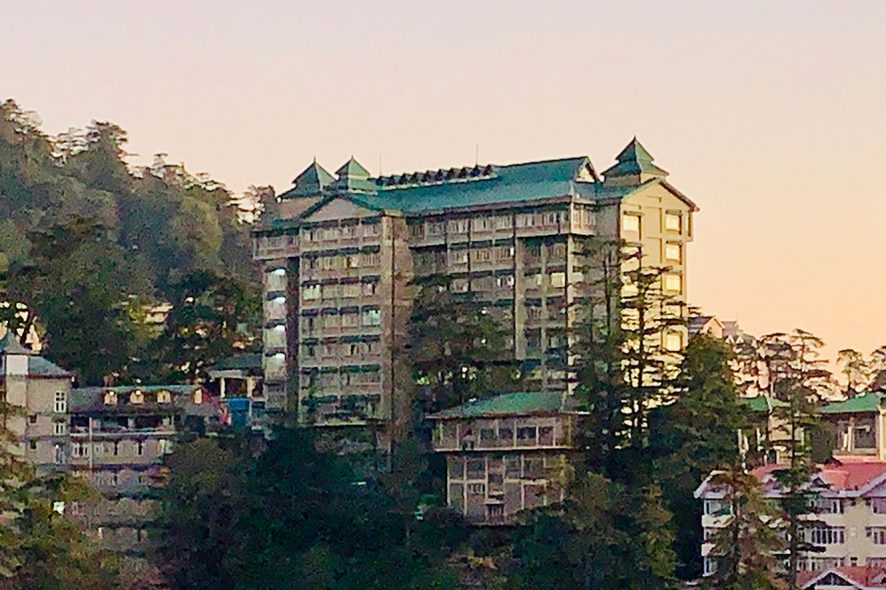Himachal Pradesh High Court: Vivek Singh Thakur, J., while exercising powers under Section 482 CrPC, allows the present petition, stating, “… power of High Court under Section 482 CrPC is not inhibited by the provisions of Section 320 CrPC and FIR as well as criminal proceedings can be quashed by exercising inherent powers under Section 482 CrPC, if warranted in given facts and circumstances of the case for ends of justice or to prevent abuse of the process of any Court, even in those cases which are not compoundable where parties have settled the matter between themselves.”
Background
The instant petition, under Section 482 of the Code of Criminal Procedure has been filed by petitioner Girdhari Lal, on the basis of compromise arrived at between him and respondent 2, for quashing dated 07-07-2017, registered under Section 8 of the Protection of Children from Sexual Offence Act, 2012 and subsequent proceedings arising thereto. It is contended on behalf of respondent 1 that petitioner accused is not entitled to invoke the inherent jurisdiction of this Court to exercise its power on the basis of compromise arrived at between the parties with respect to an offence not compoundable under Section 320 CrPC.
Observations
Pursuant to its decision, Court placed reliance over the following cases;
Gian Singh v. State of Punjab, (2012) 10 SCC 303, explaining that High Court has inherent power under Section 482 of the Code of Criminal Procedure with no statutory limitation including Section 320 CrPC.
Narinder Singh v. State of Punjab, (2014) 6 SCC 466, where the Supreme Court has summed up and laid down principles by which the High Court would be guided in giving adequate treatment to the settlement between the parties and exercise its power under Section 482 of the Code while accepting the settlement and quashing the proceedings or refusing to accept the settlement with direction to continue with criminal proceedings.
Madan Mohan Abbot v. State of Punjab, (2008) 4 SCC 582, it was emphasized by the Supreme Court that in matter of compromise in criminal proceedings, a commonsense approach, based on ground realities and bereft of the technicalities of law, should be applied.
With respect to the offence committed under the POCSO Act, the Court remarked, “No doubt Section 8 of POCSO Act is not compoundable under Section 320 CrPC. However, as explained by Supreme Court in Gian Singh’s, Narinder Singh’cases, power of High Court under Section 482 CrPC is not inhibited by the provisions of Section 320 CrPC.”
Decision
Quashing FIR against the petitioner, the Court said, “Keeping in view nature and gravity of offence and considering facts and circumstances of the case in entirety, I am of the opinion that present petition deserves to be allowed for ends of justice and the same is allowed accordingly.” [Girdhari Lal v. State of Himachal Pradesh, Cr. MMO No. 388 of 2020, decided on 04-01-2021]
Sakshi Shukla, Editorial Assistant has put this story together






